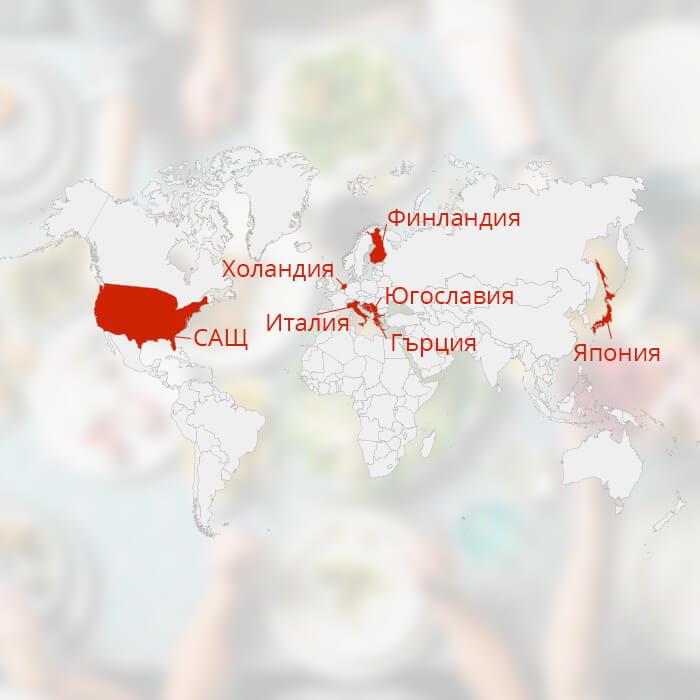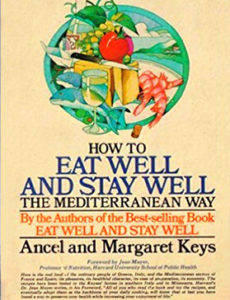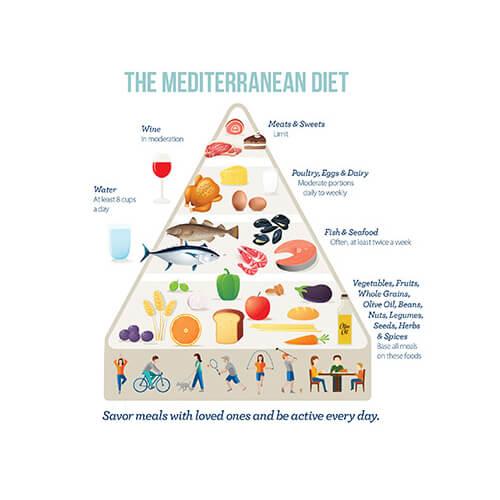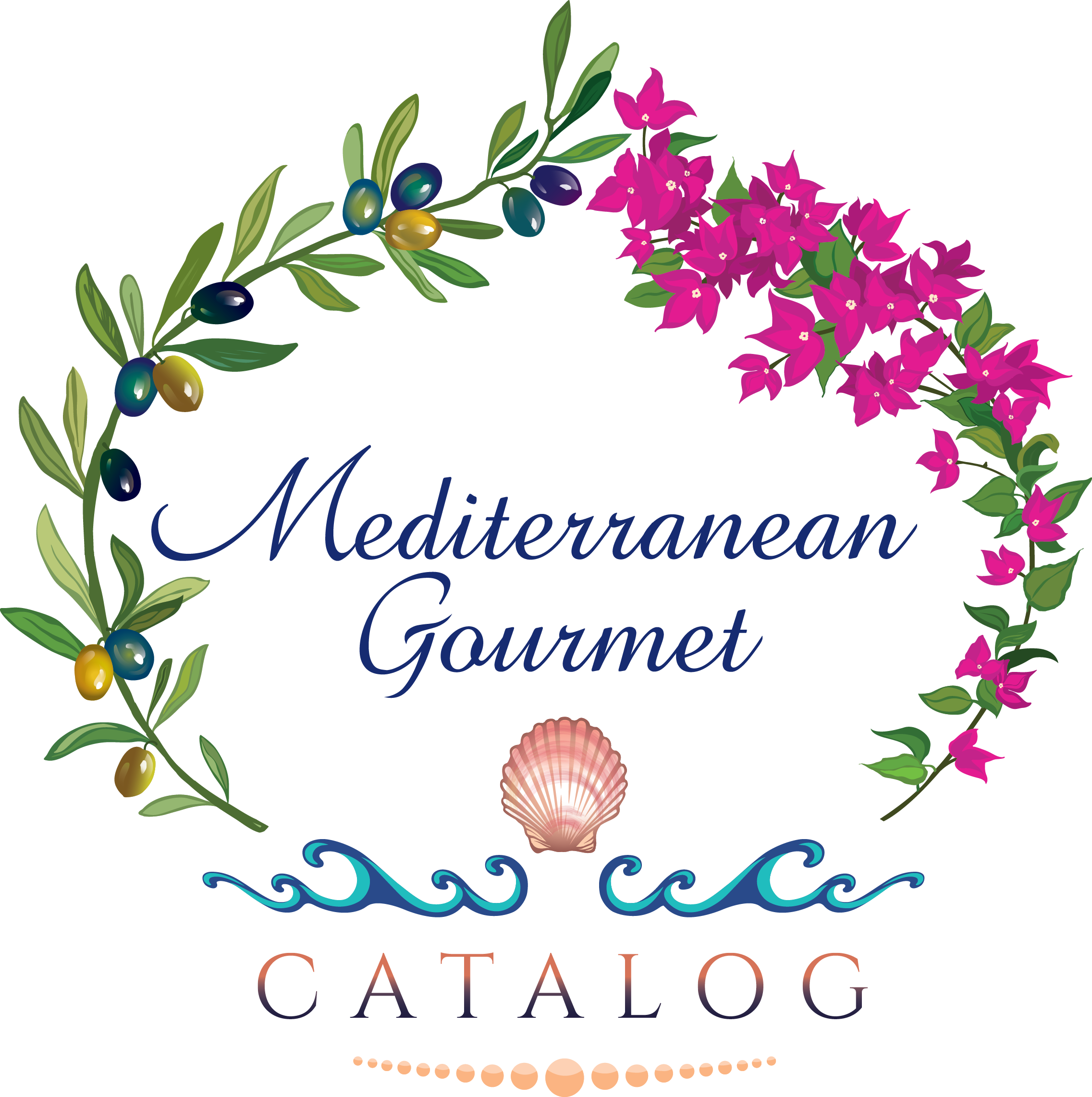The Mediterranean Diet
The word “diet” derives from the Greek word “díaita”, which means “the way of life”, which the famous French Hellenist Anatole Baiy describes as “A set of habits of the body and mind, tastes and customs”.

The study of “The Seven Countries” is one of the results, summarized from the study launched by Ansel Keys in Minnesota in 1947. At that time, middle-aged men, seemingly healthy, were struck by cardiovascular disease. Scientists have asked the question: “What is the difference between the two types of health cases with middle-aged men?” – they looked at the different characteristics between them (risk factors) and the need to provide knowledge of the causes and possible means of preventing attacks.

In 1975, Ansel Benjamin Kees, in collaboration with his wife, Margaret Kees, published the first book on the Mediterranean Diet, entitled “How to Eat Well and Stay Well in the Mediterranean.” The book focuses on the food of the four border zones in France, Italy, Greece and Spain, where research has shown that the general population had a low incidence of heart disease, possibly due to following a special diet, which is mostly low in saturated fatty acids and with a higher fat content and a higher intake of polyunsaturated than, for example, in the USA.
“How to Eat Well and Stay Well The Mediterranean Way”



In 1993, thanks to Oldways, the Pyramid of the Mediterranean Diet was created.
Oldways is a Boston-based American non-governmental organization that helps people reinvent and embrace the healthy, enduring pleasures of the “old ways” of shared cultural traditions.
Basic principles of the Mediterranean diet:
- Vegetable-based foods such as fruits and vegetables, cereals and legumes and nuts are consumed
- Butter is replaced with healthy fats like olive oil
- Herbs and spices are used instead of salt to flavor the food
- Red meat is consumed a few times a month
- Fish and chicken are consumed at least twice a week
- Red wine is moderately drunk if desired






